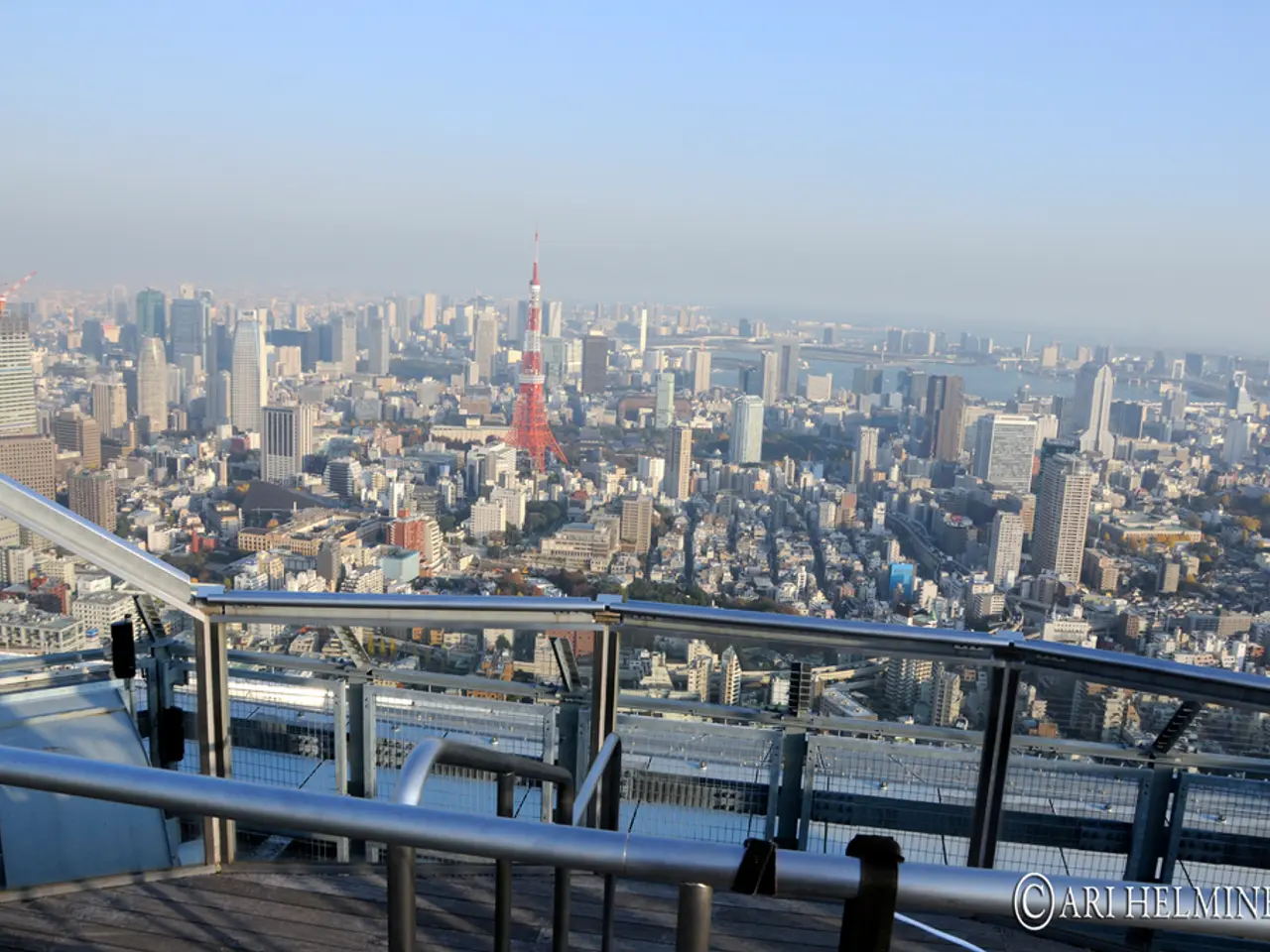Heavy Rainfall Causes Severe Flooding in Lagos, Nigeria
Heavy rainfall, exacerbated by climate change, has led to severe flooding in Lagos, submerging areas like Lekki and the 3rd Mainland Bridge. The Nigerian Meteorological Agency (NiMet) warns that such incidents may increase in frequency and severity in the coming years. The primary cause, however, is ineffective drainage infrastructure.
Flooding in Lagos has caused billions of naira in property damage. It has also led to economic losses, as roads, markets, and businesses are destroyed or disrupted. Similar scenes have been witnessed in states such as Bayelsa, Benue, Anambra, Imo, Rivers, and Niger. The Nigerian Meteorological Agency has urged states to strengthen flood prevention measures and improve urban drainage systems. This is crucial as inadequate and blocked drainage channels worsen flooding, especially during the rainy season. Mixing with refuse and sewage, floodwaters can lead to outbreaks of waterborne diseases like cholera, typhoid, and dysentery. Many Nigerian cities have drains that are undersized, poorly built, or blocked with waste, contributing to the flooding crisis.
To mitigate future flooding, Nigeria must focus on improving its drainage infrastructure. This includes expanding existing canal networks, using green infrastructures, minimizing soil sealing, establishing retention basins, and ensuring regular maintenance of current systems. These measures, while not specific to Nigeria, are universally recognized as effective in managing urban flooding.
Read also:
- Republicans advocate Trump's domestic policy plans in Iowa, though some business owners remain skeptic
- Typhoon Matmo Batters Vietnam, PM Urges Vigilance as Heavy Rain Continues
- Matthew McConaughey Stars in 'The Lost Bus': A Harrowing Tale of Resilience
- Ethiopia's GERD Flooding Submerges Sudan Village, Displacing Residents








